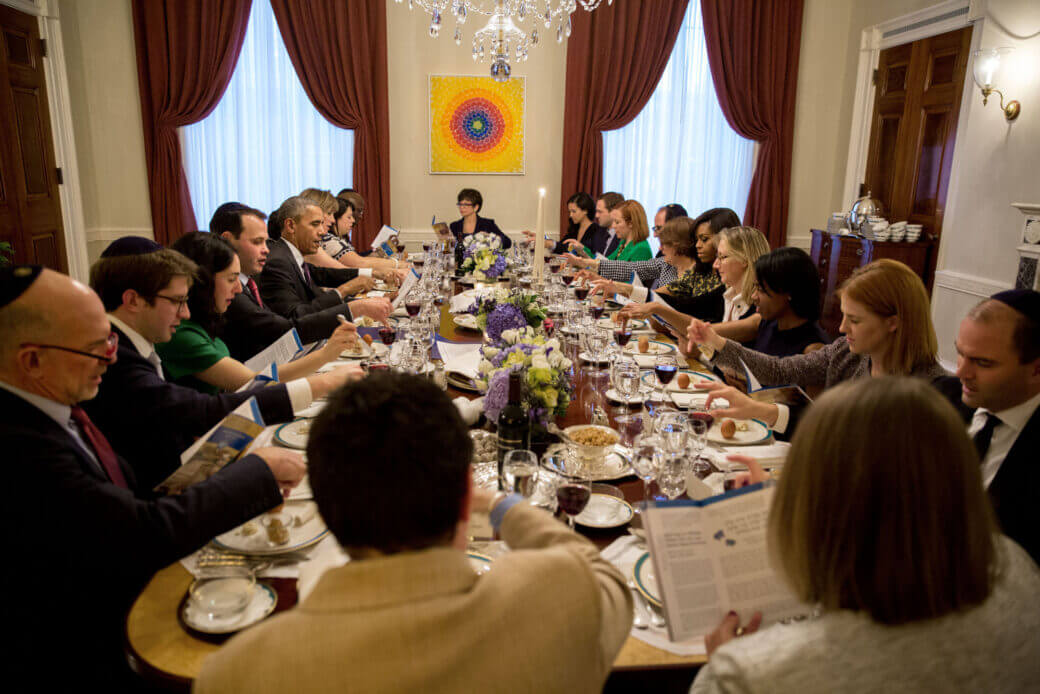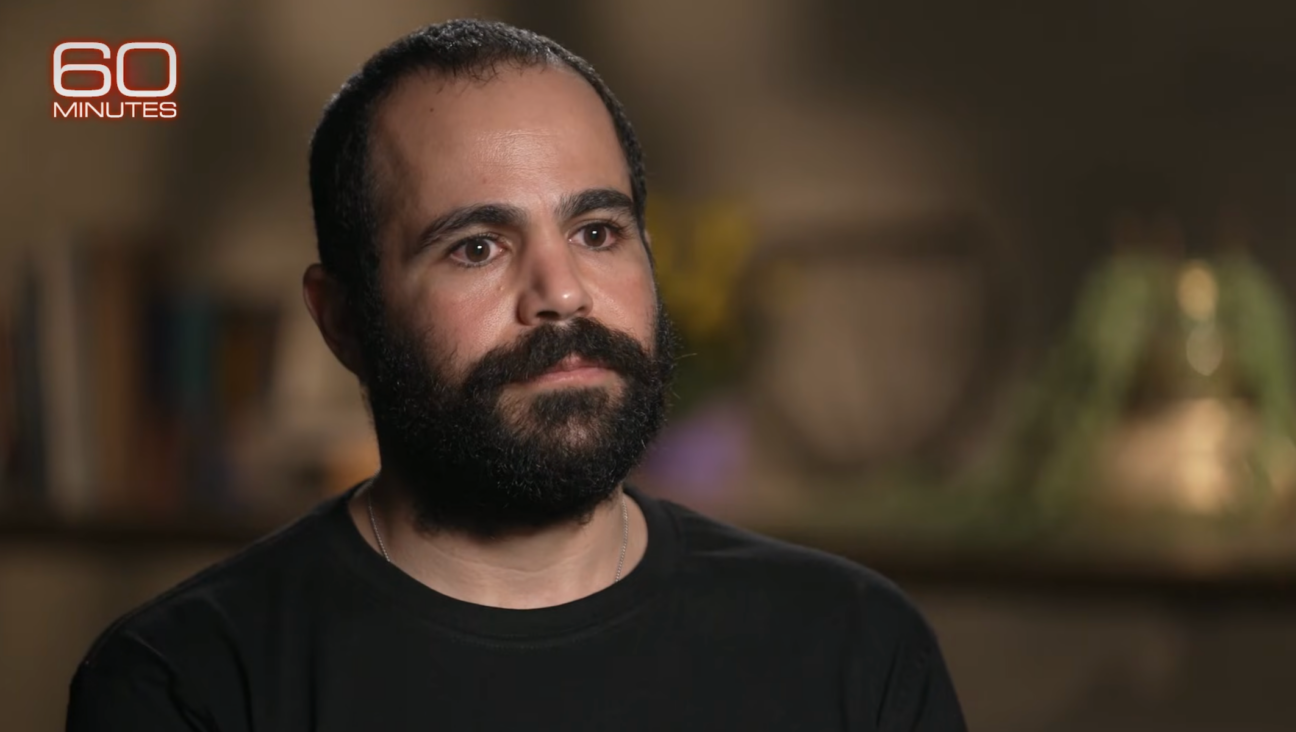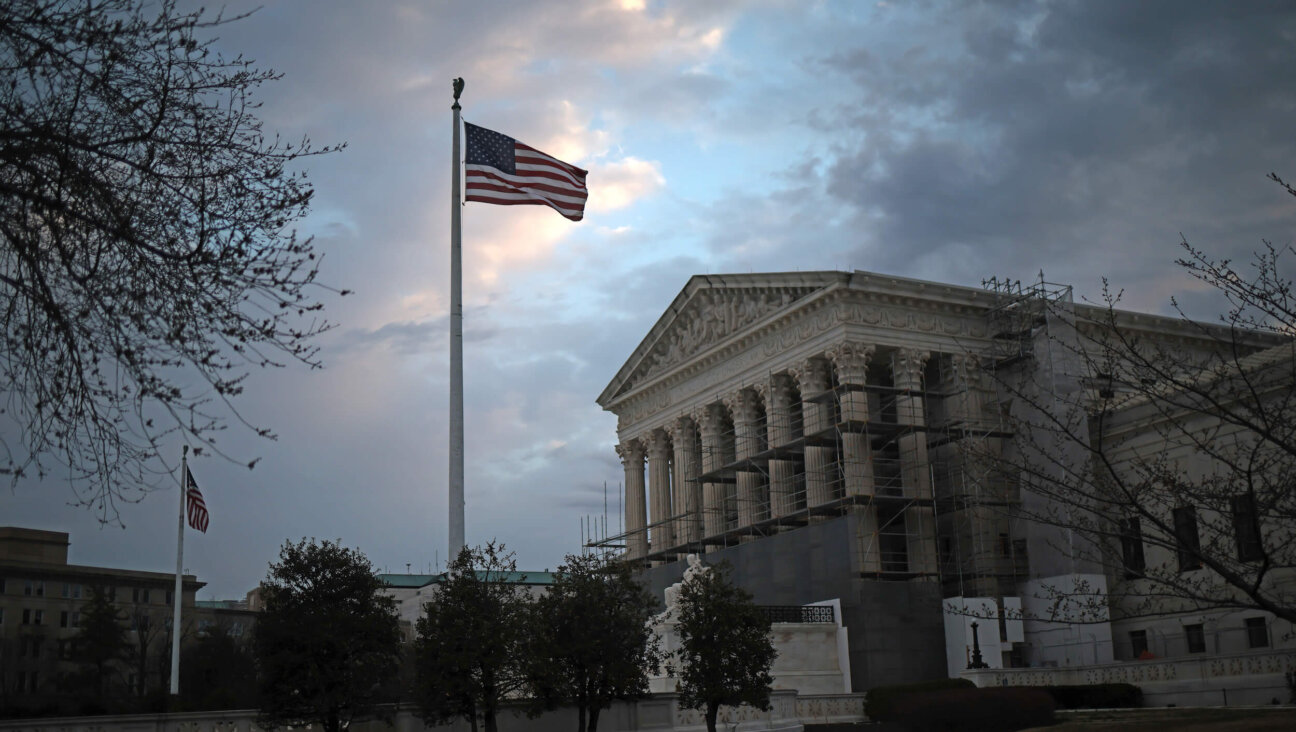Behind the Biden Flap
No, Virginia, they were not sitting around wondering how they could humiliate Vice President Joseph Biden or how they could wreck the U.S.-Israel relationship. If you think they were, you probably also believe that the Mossad assassination in Dubai was purposely planned to end as a fiasco.
But the spark behind the Biden flap was just the latest in a series of reckless steps in recent weeks by Israeli officials — among others, the prime minister’s last-minute addition of two West Bank sites to his national heritage list, an announcement of new construction in the settlement of Beitar Illit in contravention of the agreed-upon “freeze” and the deputy foreign minister’s declaration that Israel would make “no more concessions” for peace.
So what explains the tragedy of errors that has marked Israel’s officials these last several weeks? Some analysts charge it to incompetence, others to the vagaries of coalition government, which in the current instance has led to an especially unruly Cabinet of 29 members. Some think it all a result of Israel’s obsession with Iran, explaining the insult to Vice President Biden as a way of expressing Israel’s displeasure with what it perceives as America’s sluggishness in implementing meaningful sanctions against Iran, while others think it a clumsy rebuke of the Obama administration or, more Machiavellian, an effort to weaken Obama et al. in the hope that he will be a one-term president and be followed by a Bushier president, one who leaves Israel to its own devices. Some link all the talk of new housing starts, and especially of new building in East Jerusalem, to deeply held ideological commitments, others to Prime Minister Benjamin Netanyahu’s characteristic inconsistency.
Surely the pithiest post-incident remark is the one offered in his column of March 14 by Thomas Friedman, of The New York Times. Biden, he says, “should have snapped his notebook shut, gotten right back on Air Force Two, flown home and left the following scribbled note behind: ‘Message from America to the Israeli government: Friends don’t let friends drive drunk. And right now, you’re driving drunk.’”
Friedman is on the right track, but if the drunk you have in mind is a confirmed alcoholic, scribbled notes will not accomplish much at all. The real problem in analyzing the troubling announcements of recent weeks is in taking them as a stand-alone phenomenon rather than placing them in the much larger context of which they are only the latest — and not the last — expression.
Once upon a not-so-long-ago time, there was an ongoing argument among the Jews. There were those who believed that “the Jewish problem” could be resolved only through the creation of a sovereign Jewish state. Among those who disagreed, there were those who feared all nationalisms, Jewish nationalism — i.e., Zionism — not less than others. And there were others who may best be described as “reluctant Zionists,” men and women who knew the risks of nationalism but who believed that the Jews could pull it off, who even thought that the particular challenge that lay before the imminent state was to demonstrate what “benign nationalism” might mean: nationalism without its worship of the state (and the volk), without its exclusivism and its disposition to racism (and, of course, antisemitism), nationalism not as a civic religion but as facilitator of genuine personal liberty; a Jewish state not as the culmination of Jewish history but as a vessel for the ongoing exploration of Jewish values and capacities.
This was — and they knew it — a risky bet. It was by no means the prevailing aspiration of either the Labor Zionists or the Revisonists; for both these, mamlachtiut was the order of the day, and of the future. Mamlachtiut — the supremacy of the state, its priority over civil society, its eagerness and capacity to mobilize the nation. But the “reluctant Zionists” counted on the liberalism (in the classic sense) of the Jews — especially the German Jews, to a lesser degree the Polish Jews and, just maybe, Jews from the West — to win the day. They hoped that the Jewish state might in time become an or lagoyim, a light unto the nations, but they were not messianists and they were generally modest in their aspirations. Above all, they insisted that Israel must not be a goy k’chol hagoyim, a nation like all the others.
Sixty-two years into statehood, it is painfully clear that the reluctant Zionists lost their bet. Israeli nationalism is as mottled as all nationalisms. As the ever-perceptive Daniel Levy writes, in the wake of the Biden incident, “The settlers and their sympathizers are entrenched in every relevant nook and cranny of Israel’s bureaucracy and security establishment. The momentum that they can now generate (especially but not only when their sympathizers hold senior government office), is stronger than Israel’s demographic concerns, is stronger than fear of Israel acquiring an international pariah status, and as was proven this week, is stronger than the needs of the US-Israel relationship.” As against the (often rootless) cosmopolitans of the Tel Aviv bubble, the settlers and their sympathizers as well as the happy authoritarians of the fervently Orthodox community have little use for and still less understanding of either democratic norms or their close relative, civil society. Liberalism? In their view, humbug.
Better, then, to be blunt: Thumb your nose at the Americans, Jerusalem is none of their business. Perform a late-term abortion on the prospect of a two-state solution. And while you’re at it, shoot yourself in the foot and liberal Zionism in its heart.
The Forward is free to read, but it isn’t free to produce

I hope you appreciated this article. Before you go, I’d like to ask you to please support the Forward.
At a time when other newsrooms are closing or cutting back, the Forward has removed its paywall and invested additional resources to report on the ground from Israel and around the U.S. on the impact of the war, rising antisemitism and polarized discourse.
Readers like you make it all possible. We’ve started our Passover Fundraising Drive, and we need 1,800 readers like you to step up to support the Forward by April 21. Members of the Forward board are even matching the first 1,000 gifts, up to $70,000.
This is a great time to support independent Jewish journalism, because every dollar goes twice as far.
— Rachel Fishman Feddersen, Publisher and CEO
2X match on all Passover gifts!
Most Popular
- 1

Film & TV What Gal Gadot has said about the Israeli-Palestinian conflict
- 2

News A Jewish Republican and Muslim Democrat are suddenly in a tight race for a special seat in Congress
- 3

Fast Forward The NCAA men’s Final Four has 3 Jewish coaches
- 4

Culture How two Jewish names — Kohen and Mira — are dividing red and blue states
In Case You Missed It
-

Books The White House Seder started in a Pennsylvania basement. Its legacy lives on.
-

Fast Forward The NCAA men’s Final Four has 3 Jewish coaches
-

Fast Forward Yarden Bibas says ‘I am here because of Trump’ and pleads with him to stop the Gaza war
-

Fast Forward Trump’s plan to enlist Elon Musk began at Lubavitcher Rebbe’s grave
-
Shop the Forward Store
100% of profits support our journalism
Republish This Story
Please read before republishing
We’re happy to make this story available to republish for free, unless it originated with JTA, Haaretz or another publication (as indicated on the article) and as long as you follow our guidelines.
You must comply with the following:
- Credit the Forward
- Retain our pixel
- Preserve our canonical link in Google search
- Add a noindex tag in Google search
See our full guidelines for more information, and this guide for detail about canonical URLs.
To republish, copy the HTML by clicking on the yellow button to the right; it includes our tracking pixel, all paragraph styles and hyperlinks, the author byline and credit to the Forward. It does not include images; to avoid copyright violations, you must add them manually, following our guidelines. Please email us at [email protected], subject line “republish,” with any questions or to let us know what stories you’re picking up.















